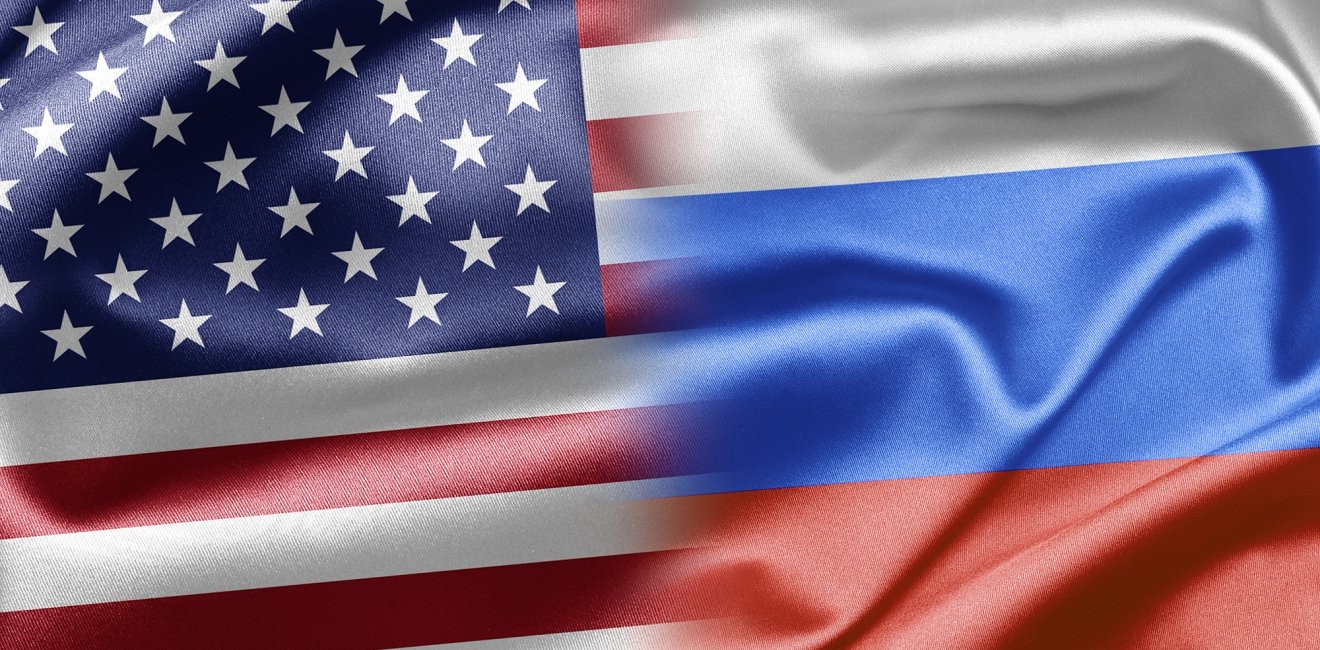Biden Administration to Seek Five-year Extension on START
Analysis from Peter Zwack, Global Fellow with the Kennan Institute.
Analysis from Peter Zwack, Global Fellow with the Kennan Institute.

With the onset of the Biden Administration we are at an early pivotal moment with Russia. So it was good to hear the Biden team's interest in extending New START, as well as the Putin regime's interest.
While relations are terrible and distrust high, the imminent expiration on February 5th of the strategic nuclear New START treaty provides a fleeting opportunity for Moscow and Washington to together seize the high ground on a truly existential issue facing our nations and the world today.
Both Presidents Joe Biden and Vladimir Putin, no strangers, deeply distrust one another based on jagged prior history. Despite this, they have within their mandate, the opportunity to pragmatically extend New START for up to five years and to possibly calm somewhat our dangerous relations. To remind, New START is the final strategic nuclear weapons treaty existing between the US and Russia. All else is gone. To make more visceral, New START regulates and verifies the strategic nuclear weapons, that on a feasibly horrific day, could in hours take our nations, and global civilization, off the face of this planet. I put it starkly like this because I worry that seemingly mundane and technical arms control and strategic stability have become conceptual background noise for most, especially younger populations that grew up after the Cold War.
New START is aging and has its flaws. Yet it still functions bridging the US and Russia strategic nuclear divide with process and contact. And there is an ongoing verification process. There is nothing left.
New START can be extended for up to five years. If Biden and Putin do so, they will have bought time for negotiators to work on New START's principal drawbacks, namely the role (or not) of an increasingly uparming China and other nuclear nations, and numerous emergent new weapons and technologies beyond the scope of the 2010 Obama-Medvedev treaty. These five years would provide an already existing mechanism to build-on, while still regulating treaty-linked US and Russian strategic nuclear weapons.
Not to extend will put us into a highly volatile, unconstrained arms race that highly expensive outspending technology solutions will not fully mitigate. With our erosions of military-to-military liason and conduits, our nations would also be dangerously more vulnerable to a cyber-fast accident or incident that worse case could unleash an unintentional world-ending nuclear response.
Both Presidents should sign the extension and use this fleeting moment so early in their new relationship to build some positive confidence-building momentum toward other initiatives. One that comes to mind, would be to immediately address the declared shortfalls of the 34-nation Open Skies treaty that both our nations just pulled out of with an eye of possibly rejoining. Notably, NATO members and partners participating in this Treaty appealed to Washington not to pull out.
I end where I began. We are at a pivotal moment with both our nations struggling with major issues including coronavirus and major domestic and international challenges. The immediate possibility of both Moscow and Washington signing an extension comes at a providential moment so early in the new Biden administration, but only if both sides can trust each other enough to work out any final details before February 5.
Finally, I encourage folks to go back and listen to the end-of-the-world Cold-War songs of that extraordinary Harvard bard, Tom Lehrer in the mid-1960s ... we never want our kids to go back to those days again ...


The Kennan Institute is the premier US center for advanced research on Eurasia and the oldest and largest regional program at the Woodrow Wilson International Center for Scholars. The Kennan Institute is committed to improving American understanding of Russia, Ukraine, Central Asia, the South Caucasus, and the surrounding region through research and exchange. Read more


